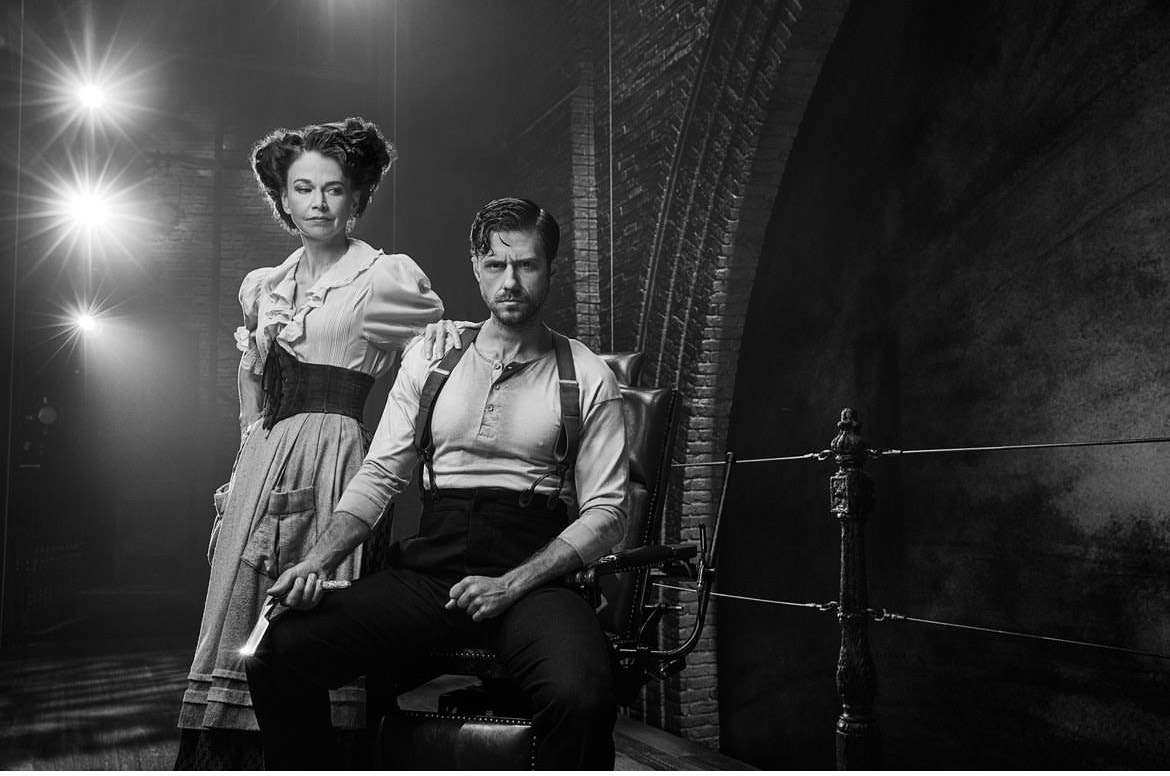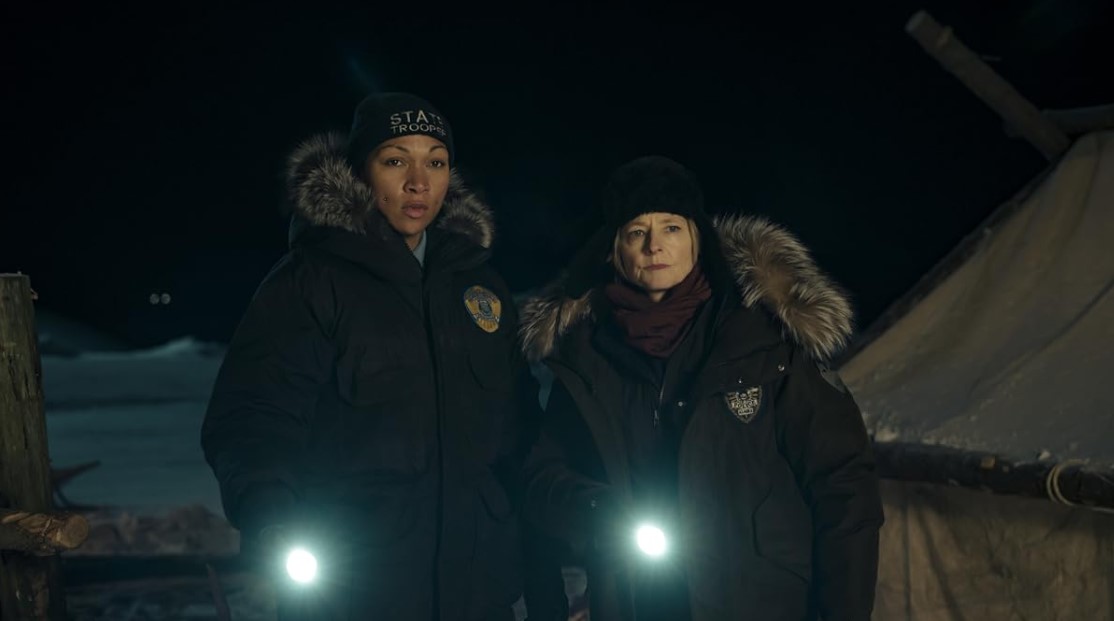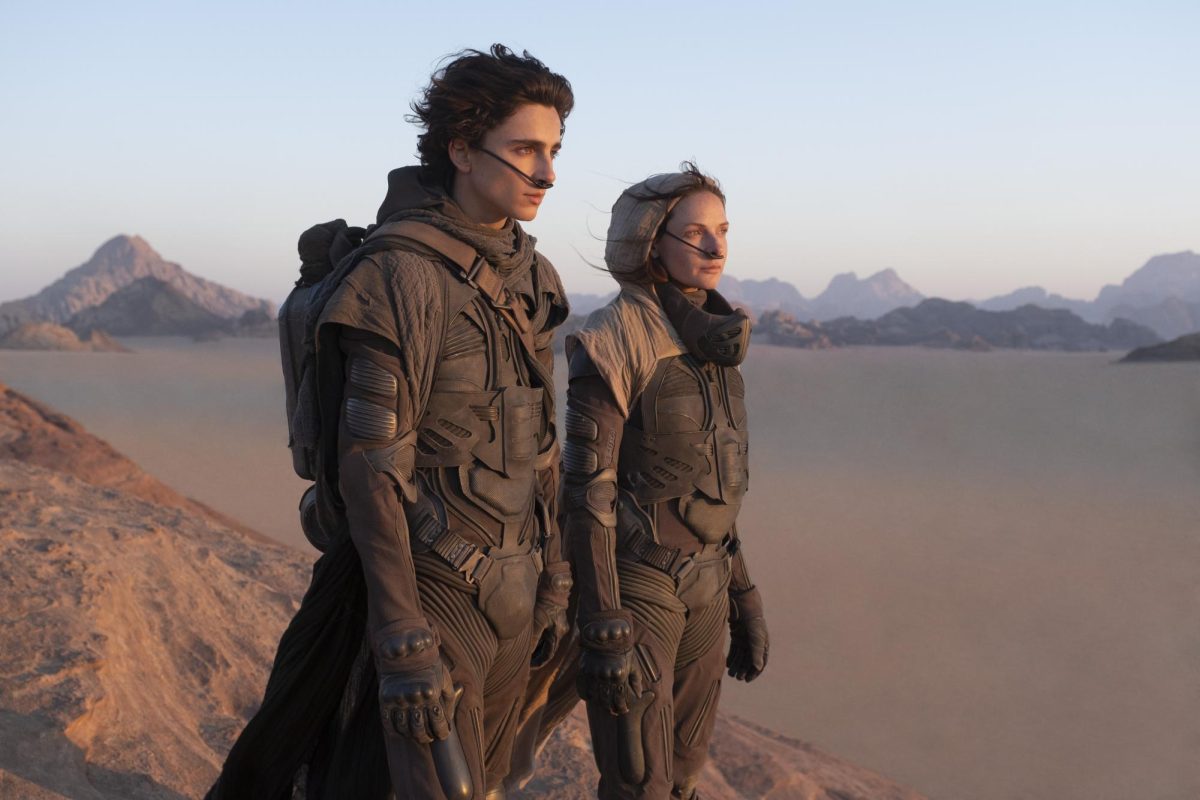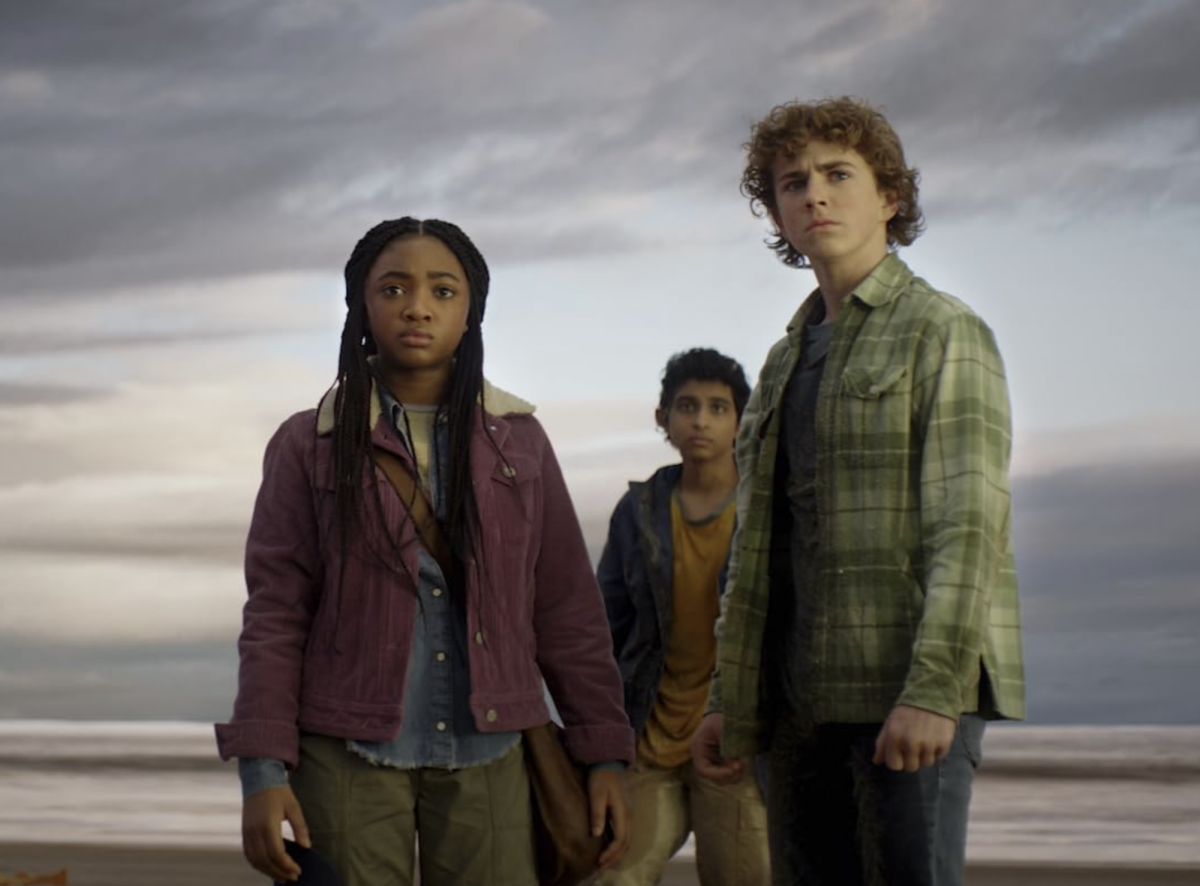“The Hunger Games” is a beloved 2010s classic. When the book series first came out in 2011, with movies following shortly after, young audiences were hooked on the tantalizing story of Katniss Everdeen’s rebellion against President Snow’s tyranny. The stories are based on a dystopian United States, split into 13 districts and led by a Capitol, with one district seemingly gone forever. With Katniss’s triumph in the final book and movie, it has long been thought that the tales of Panem were finished forever. However, only five short years after the release of “Mockingjay: Part 2,” Suzanne Collins shocked audiences with the launch of a prequel novel, “The Ballad of Songbirds and Snakes.” Fans fell in love with it and now only three years later, a movie was produced.
At almost three hours, the longest Hunger Games movie, “The Ballad of Songbirds and Snakes,” is an absolute masterpiece of a film. Using stunning cinematography and soulful music inspired by traditional country-folk, the movie transports viewers into the stunningly shadowed and shining world of Panem.
Following a young President Snow, the movie develops into his descent into the villainous and power-hungry president of Katniss’ story, following him as he meets Lucy Gray Baird, a girl who would change the path of his life forever. Portraying Snow is Tom Blythe, who perfectly embodies the complexity of Snow, a man who fights to achieve his own ambitions, often at the cost of his morals and others’ lives. Opposite him is Rachel Ziegler, whose vocal background makes her a star on screen as the talented songbird Lucy Gray Baird.
Despite living in the Capitol, Academy student Coriolanus Snow lives in relative poverty, an unexpected contradiction to the grandeur viewers are used to seeing in the Capitol. Quickly, viewers see the depths of Snow’s desperate ambition and flawed character as he interacts with fellow students (in particular, Sejanus Plinth, a former citizen of District 2 whose wealth granted him a place in the Capitol). Sejanus opposes all the accepted ways of Capitol life, providing Snow with a contrast to the sinister Dr. Gaul, head gamemaker. In order to win an elusive scholarship known as the Plinth Prize, Snow must successfully mentor a tribute in the Hunger Games, Lucy Gray Baird.
The arena is devastatingly tragic, in a way that is different from the original movies. There are no true “villains” in the arena, just kids trying to survive. Their humanity is effectively conveyed through close up camera shots and emotional beats, giving time for each of the children’s deaths.
The depth of Lucy Gray and Snow’s relationship grows with the story in a way that is both tragic and compelling. As the story progresses, Snow’s obsession with Lucy Gray grows as their relationship is soon tested with each of the dangerous and drastic choices Snow makes.
This is when Snow’s true moral dilemma comes to a head, causing him to truly be questioned as the “likable” protagonist of the first part of the movie. The descent into evil is methodically executed and foreshadowed through clever dialogue and music by the haunting Lucy Gray. When the movie comes to an end, there is no happy ending. It ends as it started; everything feeling wrong, and as a result, everything ends perfectly right.









